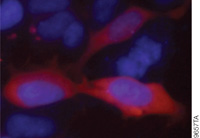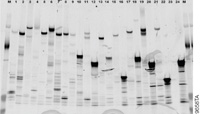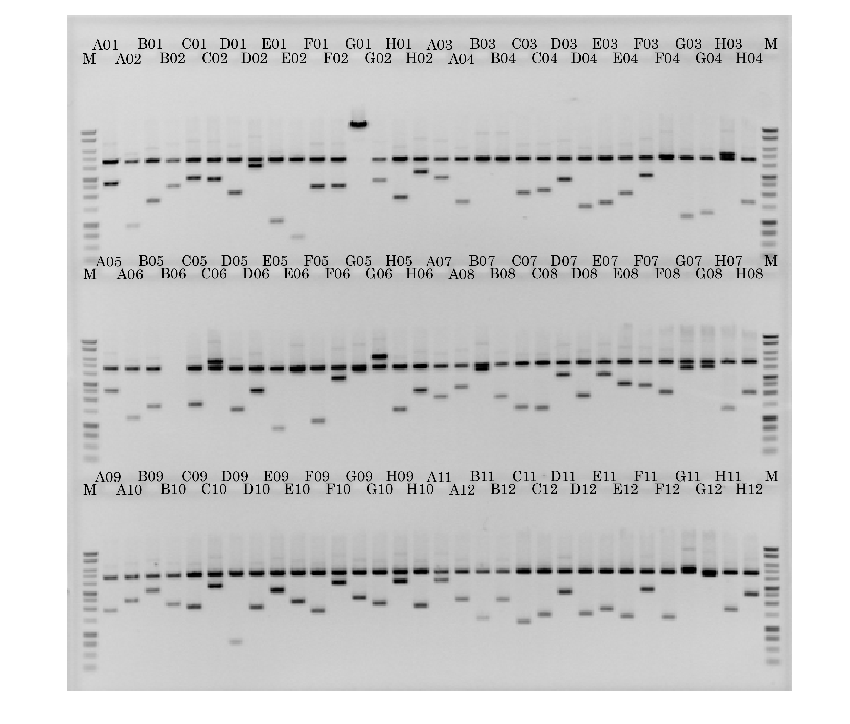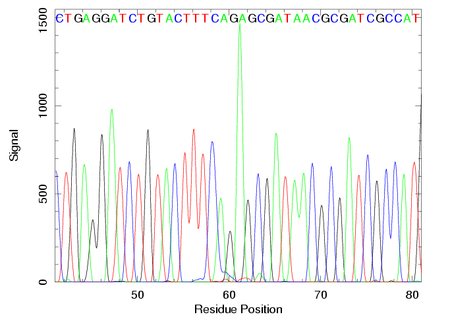Kazusa Genome Technology (KGT)
Kazusa Genome Technology (KGT) is an academic Japanese research institute dedicated to genome-scale studies and the function of individual genes. The Kazusa ORFeome Project was initiated to create a collection of human and mouse ORFs accessible to the larger research community. KGT is an active member of the global ORFeome Collaboration with experts in HUGE (Human Unidentified Gene-Encoded) large proteins (>4kb). Promega and KGT have established a partnership, allowing Promega customers access to Kazusa's coveted collection of experimentally validated clones.
Experimentally Validated Collection
Kazusa understands the value of extensive validation and provides this data to their customers for the HaloTag® ORF collection. Check out the representative data pieces below, which are available for nearly all HaloTag® fusion ORFs.

|

|
|
Fluorescent Microscopy demonstrating in situ labeling and visualization of HaloTag® fusions with HaloTag® TMR Ligand
|
Expression Validation by SDS-PAGE analysis of expressed HaloTag® fusions in HEK293 cell lysates
|

|

|
|
Insert Size Confirmation through agarose gel electrophoresis
|
Sequence Validation of both the 5′ and 3′ end sequences by single-pass sequencing
|
Overview of the Collection
| Features |
HaloTag® Collection
PID beginning with FHC |
Flexi® Collection
PID beginning with FXC |
| Size of Collection |
>11000 |
>6900 |
| Fusion Tag |
HaloTag for protein purification, imaging and pull-downs |
Untagged |
| Validated Clones |
| Sequence Validated |
✓ 100% clones |
✓ |
| Insert Validated |
✓ 99.9% clones |
✓ 97.2% |
| Expression Validated |
✓ 99.2% clones |
|
| Imaging Validated |
✓ 78% clones |
|
| Format |
DNA |
DNA |
| Typical Delivery |
4-6 weeks |
4-6 weeks |
Discounts are available for bulk orders of multiple ORF clones (purified DNA).
Read more in this article: Value-Added Human Flexi® ORF Clones with HaloTag® Labeling Technology
Contact us at proteomics@promega.com with any questions.